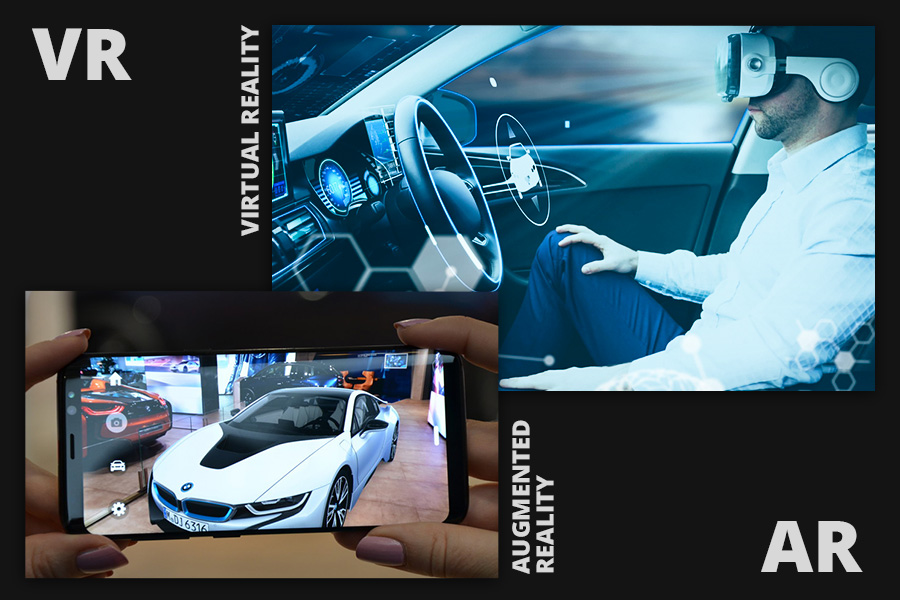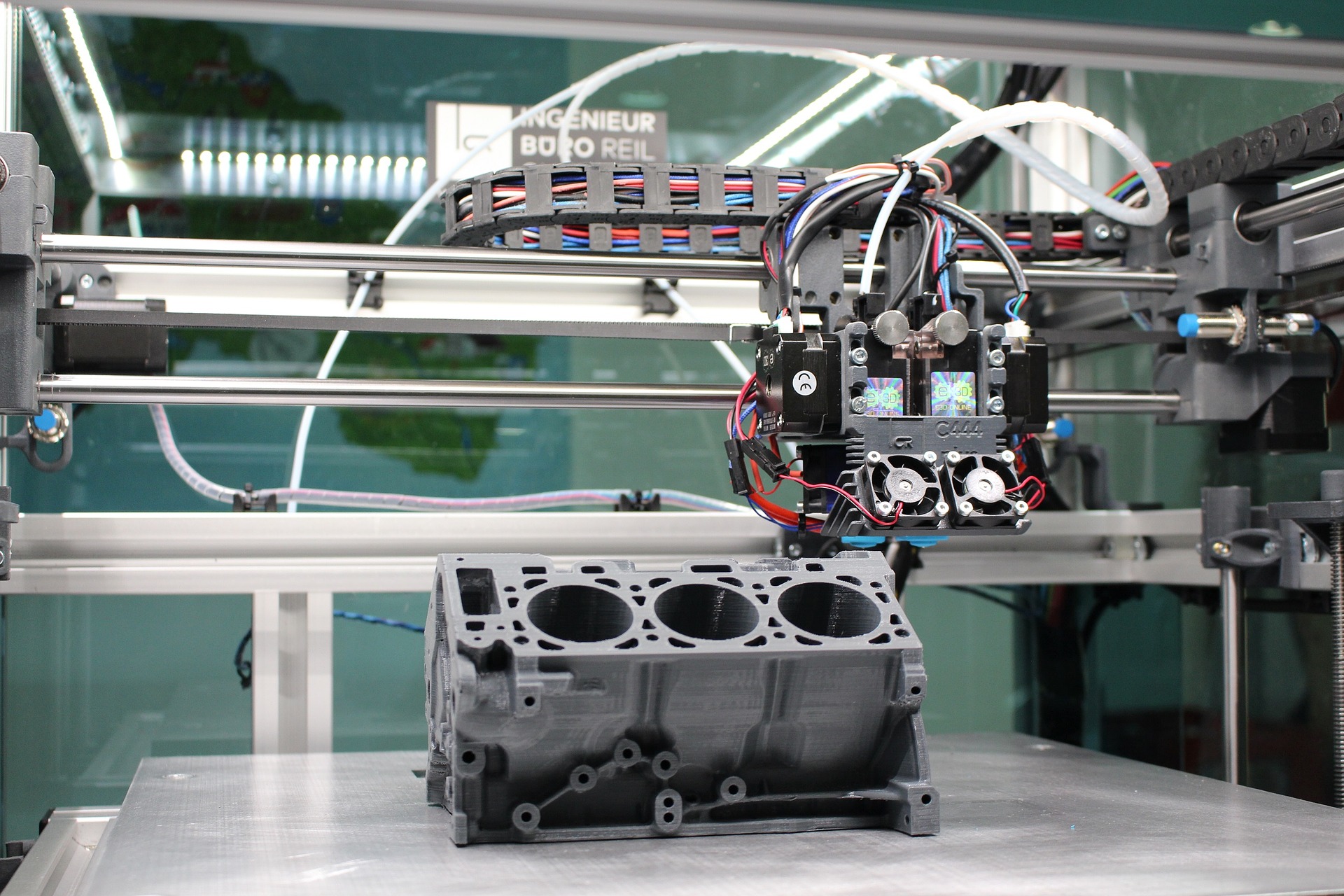
Introduction
A Change In Every Field Is Essential To Thrive In The Market. Also, As Compared To Other Markets, The Automotive Industry Is Going To Change And Adapt The New Features To Be At The Top In Market Trends And Statistics Of States. The Electric Vehicle (EV) Market Is Changing Quickly, And Aims To Provide The Best Electric Cars In 2025, Predicted To Be A Year Of Significant Technological Advancements And Innovation. For Setting The New Trends In Electric Vehicles, Automakers, IT Firms, And Governments Are Making Significant Investments In Developments That Increase The Efficiency, Affordability, And Accessibility Of EVs In Response To The Growing Demand For Environmentally Friendly Transportation. The EV Landscape Is Changing At A Never-before-seen Rate, From Faster Charging Options And Better Battery Technology To The Incorporation Of AI And Autonomous Driving.
Advancements In Battery Technology
The Electric Car Revolution Is Centered On Battery Technology, Which Is Predicted To See Major Advancements In Energy Storage, Longevity, And Efficiency By 2025. Therefore, Top Electric Car Makers Have Full Focus On The Creation Of Solid-state Batteries, Which Have A Higher Energy Density, Quicker Charging Periods, And Enhanced Safety Over Conventional Lithium-ion Batteries, Which Is One Of The Most Exciting Developments. Solid-state Batteries Are Revolutionizing The Market By Extending The Lifespan Of EV Power Sources And Lowering The Risk Of Overheating, In Contrast To Conventional Batteries That Employ Liquid Electrolytes.
Alongside Solid-state Technology, Advancements In Materials Like Silicon Anodes And Lithium-sulfur Compositions Are Advancing Next-generation Lithium-ion Batteries. With These Improvements, Batteries Can Store More Energy While Weighing Less, Improving Overall Performance And Driving Range.
Expansion Of EV Charging Infrastructure
Access To Charging Stations Continues To Be One Of The Largest Obstacles To The Growing Popularity Of Electric Vehicles. Governments And Private Businesses Will Prioritize The Development Of EV Charging Infrastructure In 2025 With The Goal Of Making Charging As Commonplace And Convenient As Filling Up At Gas Stations.
The Quick Growth Of Ultra-fast Charging Stations, Which Can Provide High-power DC Fast Charging And Drastically Cut Down On Charging Periods, Is One Noteworthy Advancement. EVs May Be Charged To 80% Capacity In Less Than 15 Minutes Thanks To The 350 KW+ Chargers That Many New Stations Will Enable. In Order To Make Long-distance EV Driving More Practical, Automakers And Energy Companies Are Collaborating To Deploy These High-speed Chargers Throughout Highways And Urban Areas.
Increased Vehicle Range And Efficiency
Range Anxiety Has Been A Major Barrier To The Adoption Of Electric Vehicles, But Improvements In Energy Management And Battery Technology Should Make EVs More Effective And Able To Cover Greater Distances By 2025. Solid-state Batteries And High-density Lithium-ion Cells Are Two Examples Of Next-generation Battery Advancements That Are Dramatically Boosting Energy Storage Capacity While Lowering Weight.
This Will Make EVs More Competitive With Conventional Gasoline-powered Vehicles Since They Can Now Go 500 Miles Or More Between Charges. Aerodynamic Vehicle Design Is A Key Factor In Increasing Efficiency, Along With Improved Batteries. To Cut Drag And Increase Range, Most Popular Electric Car Brands Are Concentrating On AI-driven Energy Management, Better Body Designs, And Lightweight Materials.
Integration Of Artificial Intelligence In Electric Vehicles
Basically Artificial Intelligence Is One Of The Core Elements In Electric Cars. Because AI In EVs Makes Them Unique In Terms Of Battery Management And Health, Charging Updates, Accurate Driving Assistance, Perfect Route Planning, And Driving Customization. Electric Vehicles Are Changing And Becoming Smarter, Safer, And More Efficient Thanks In Large Part To Artificial Intelligence, That’s Why Popular Electric Car Brands Such As (Tesla, BMW, Audi, BYD, Ford, And Porsche) Are Giving More Importance To AI Integration In Their Vehicles. The Overall EV Experience Will Be Improved In 2025 By AI-driven Developments That Will Improve Energy Management, Predictive Maintenance, Driver Personalization, And Autonomous Driving Capabilities.
Advanced Driver Assistance Systems (ADAS) And Autonomous Driving Are Two Of The Most Important Uses Of AI In EVs. EVs Can Now Navigate Roadways More Precisely Because Of AI-powered Sensors, Cameras, And LiDAR Technology, Which Lowers Accident Rates And Improves Road Safety. Self-parking Capabilities, Adaptive Cruise Control, And Lane-keeping Assistance Are Now Commonplace In EVs, Opening The Door For Soon-to-be Completely Autonomous Electric Vehicles.
The Role Of 3D Printing In EV Manufacturing
Electric Vehicle (EV) Manufacturing Is Undergoing A Revolution Thanks To 3D Printing, Which Increases Production's Sustainability, Economy, And Efficiency. Automakers Are Using Additive Manufacturing To Increase Design Iterations, Decrease Material Waste, And Produce Lightweight Components That Improve Vehicle Performance As The Demand For EVs Rises. Rapid Prototyping Is One Of 3D Printing's Greatest Benefits For EV Manufacturing.
Manufacturers Can Swiftly Develop And Test Innovative Battery Casings, Lightweight Chassis Parts, And Aerodynamic Body Panels Using 3D Printing, Whereas Traditional Vehicle Design And Testing Processes Can Take Months Or Even Years. This Promotes Innovation And Makes It Possible To Create More Specialized Car Designs.
Final Words
Cutting-edge Inventions And New Trends Are Driving A Significant Revolution In The Electric Vehicle Sector That Will Define 2025 And Beyond. While The Development Of Charging Infrastructure Is Making EV Adoption More Convenient And Accessible, Advancements In Battery Technology Are Improving Vehicle Efficiency And Range. While 3D Printing Is Transforming The Design And Production Of EVs, Artificial Intelligence Integration Is Improving Safety, Energy Management, And The Driving Experience.
.jpg)
.png)
.png)


Leave your thought here
Your comments are valuable for us. Required fields are marked *